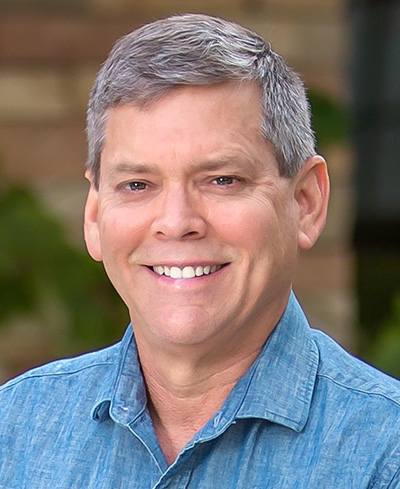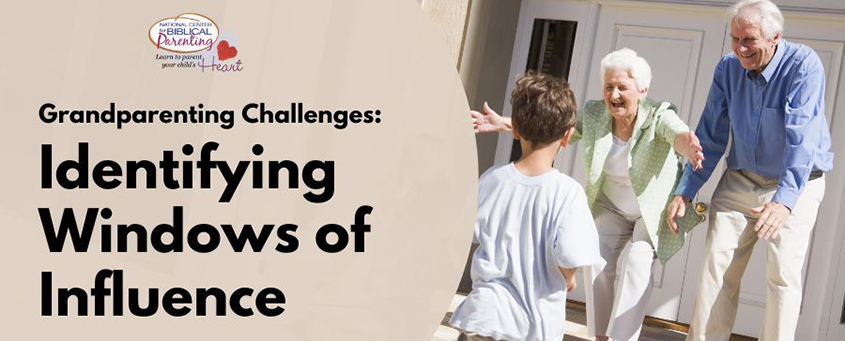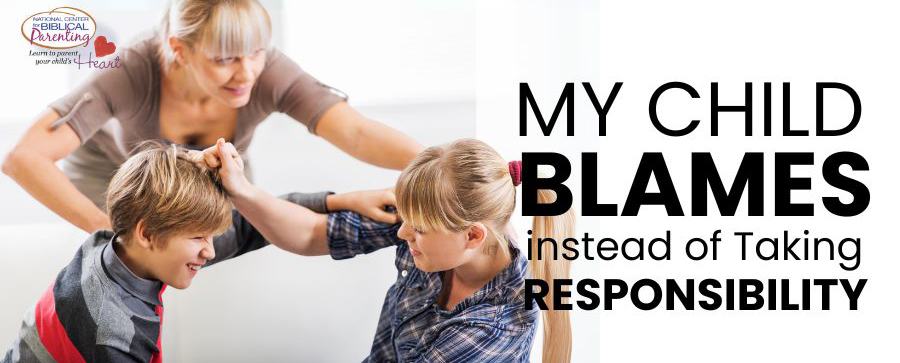Is there More to Life Than Having Fun? What Should We Expect From a Teen?

“I just want to have fun.” That was Carl’s response when his dad challenged him about his poor performance at school.
Trying to further understand his son’s thinking, Dad asked, “What makes a good day for you?”
“When I get to play my video game with my friends and we get to the next level.”
Dad knew there was a problem here, a deeper issue than getting school work done. His son needed a different way of thinking about life—a bigger understanding. Something was clearly missing and now his son was 14 years old and his current thinking was leading him down a path of failure. What should Dad do?
When asked the same question by her parents, Tara, age 16, answered this way, “A good day for me is when I get to hang out with my friends and spend time on Snap Chat and Facebook.” Tara wasn’t failing at school but she wasn’t working at her full potential either. Furthermore, her parents felt like their daughter was wasting valuable time in life. So much more could be happening right now at this important age. How should they respond?
In both of these situations electronics seem to be at least part of the problem. This is a common complaint so parents often look for ways to limits screen time and get their kids into other activities. That’s a great idea and a very important part of the solution.
But lasting change takes place in the heart, where beliefs, desires, and expectations exist. To simply work on this type of challenge by adjusting behavior won’t produce the lasting change necessary for success. Carl and Tara need to be challenged in their belief system or their growth will be stunted and they’ll miss out on the real purpose of adolescence.
Many young people today believe that their primary goal in life is to have fun. Anything else gets in the way. So, helping out around the house, doing homework, or following simple instructions from parents are viewed as interruptions to their mission in life: Have fun.
Interestingly, some parents contribute to this false belief. Parents often shelter their kids from work, responsibility and the natural consequences of life because they too believe that their children should have fun. It’s not uncommon for a parent to say to a child heading out the door, “Have fun!” or when the child returns to ask the question, “Did you have fun?”
We as parents must ask ourselves first an important question. “Is the measure of a good day or outing whether the child had fun or not?” Maybe as the child is heading out the door we should be making statements such as, “Do the right thing,” “Be a blessing to others,” or “Look for ways to contribute.” And, when they return, maybe we should ask questions such as, “Who were you able to bless?” “How did you contribute to the success of the event?” “What did you learn from that experience?”
One of the principles taught by Jesus is that pleasure can’t be your primary goal. It may be a byproduct, but not because we go after it. When addressing what we eat, drink, or wear, Christ said in Matthew 6:33, “But seek first his kingdom and his righteousness, and all these things will be given to you as well.” Pleasure is a byproduct of a mission-oriented view of life.
Tara and Carl need to learn and embrace a new way of thinking about life. They are in a period of time between childhood and adulthood called adolescence. They must realize that they are on a mission and should feel a sense of urgency, or at least obligation. That’s what responsibility is, an internal uncomfortable feeling that I have a job to do here and it’s not done.
What does this mission entail? There are three tasks of adolescence that young people must embrace.
Life Skill Development
School is a great way for kids to learn facts and information that will equip them for life. But there’s much more to schooling than head knowledge. Whether it be public school, private school, or homeschool, kids learn how to solve problems, address disagreements, how to follow instructions, stay on task, cooperate with others, and meet expectations. Those life skills will empower them in the future.
Godly Character
Character is a pattern of thinking and acting in response to a challenge. The organized person thinks and acts differently than the disorganized person. The patient person thinks and acts differently than the impatient person. All young people must work to develop good tendencies and patterns to address personal challenges, relationships, and their own temptations. Character is developed through practice and hard work and a change in beliefs about life.
Christian World View
God has designed our world and given clear guidance about how to live in a way that produces maximum blessing and success. Understanding who God is, who we are, and how we fit into God’s plan produces greater confidence, peace, and well being in a person’s soul. We are here on earth to get to know God more and introduce people to him. We have a purpose that drives us to grow in our faith and serve others.
So, how do we help young people like Tara and Carl? There are many ways that parents can address the heart of a child. FIRMNESS sets limits on electronics and requires other activities and tasks. TEACHING provides young people with new information about their role and mission. VISIONING conversations help kids understand the bigger picture and inspire them to move forward. COACHING on the part of parents moves parents out of the boxing ring and onto the playing field of life with their young person. And there are many more tools to address these heart changes in children.
What things have you done to challenge your young person to have a bigger vision for the adolescent years?
See Dr Turansky’s podcast on Overcoming Selfishness in Kids
Would you like more encouragement using a heart-based approach? Start on page 23 of the book Motivate Your Child to learn how this mission-oriented view of life is often molded by parents’ words.
Watch the 10-minute video Dr. Turansky filmed about this same subject, the idea of addiction to pleasure in 10-14 year olds.
Please take a moment and sign up for email parenting tips here.
And while you’re at it, take a moment and follow us on Pinterest and Instagram. Check out the nuggets in our feed and boards while you’re there.












Leave a Reply
Want to join the discussion?Feel free to contribute!